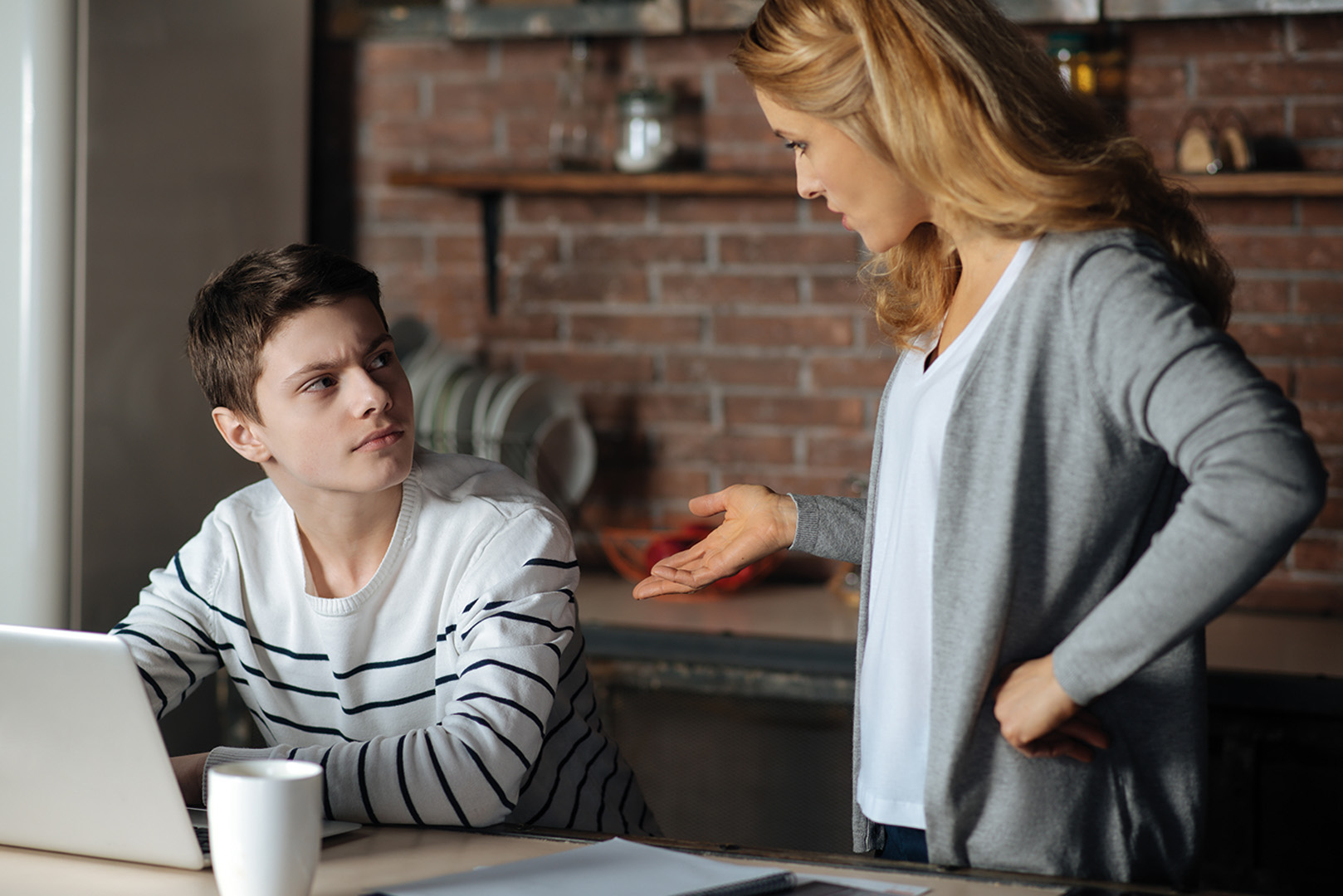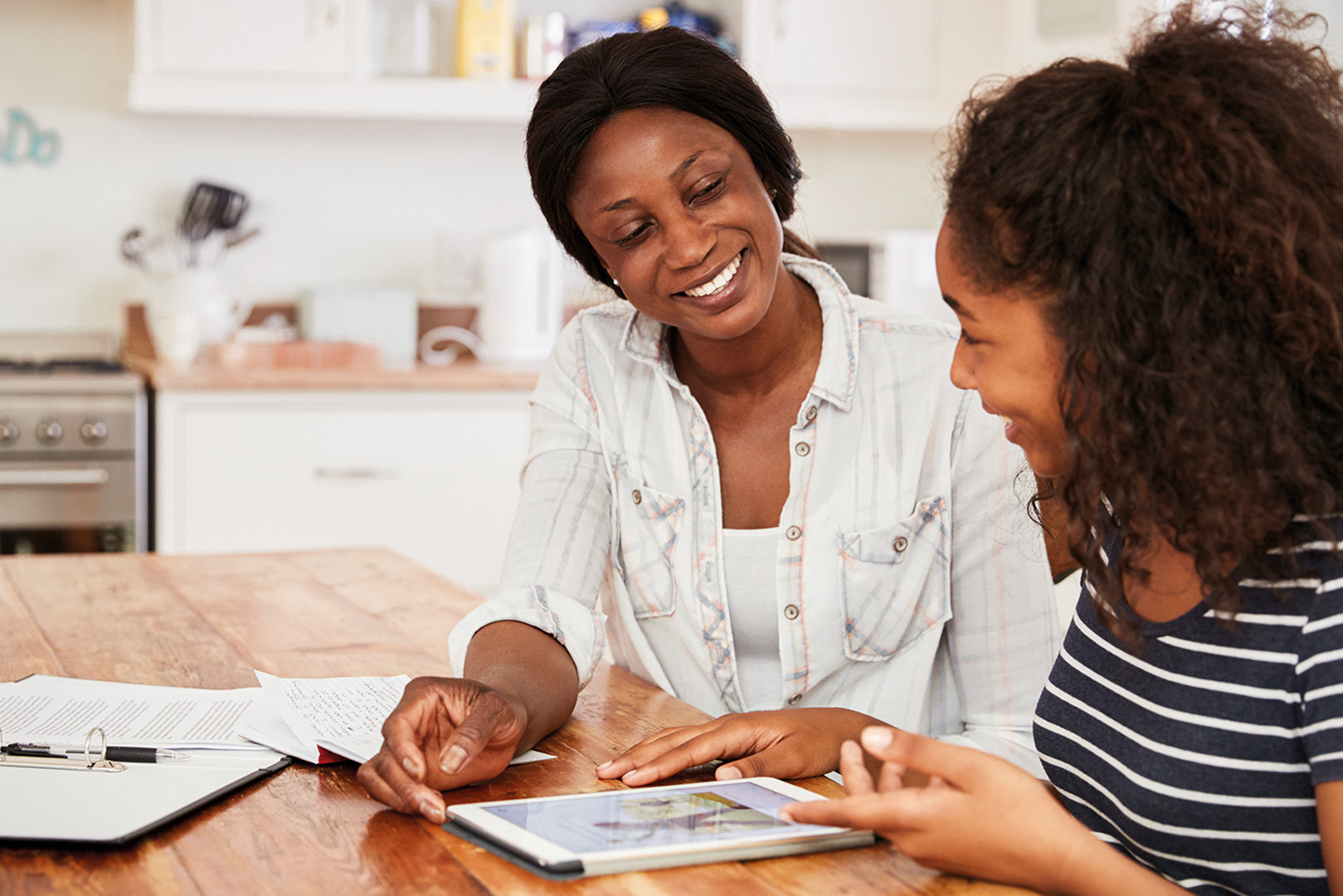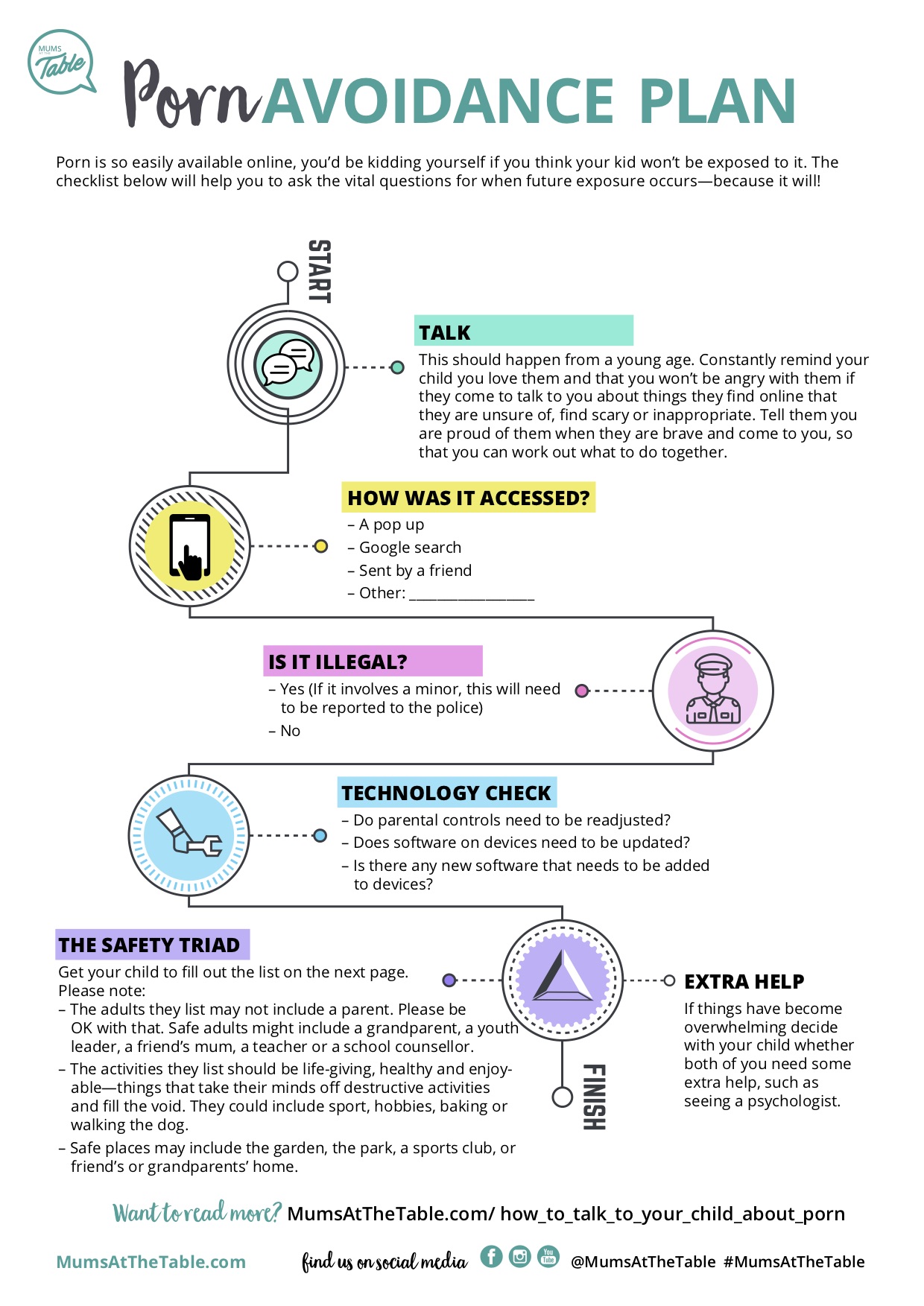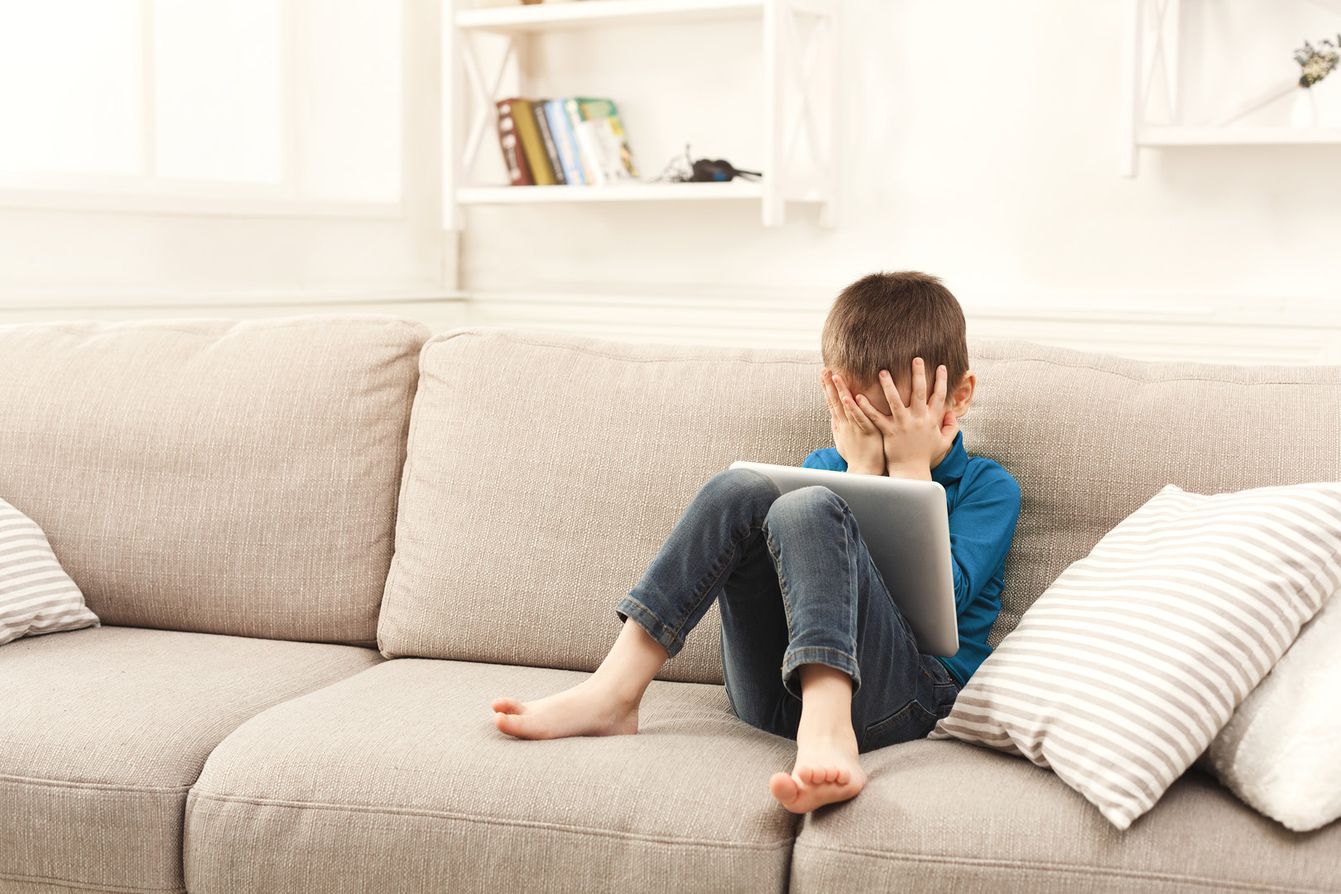Children as young as nine are exposed to pornography, even when they did not intend to access it, studies have revealed. Read on for what to do if your child has seen porn and how to help them avoid it in future. Plus download our free checklist that will help you to ask the vital questions for when future exposure occurs—because it will!
The flood of easily available online porn has become our kids’ primary source of sexual education, forcing them into an early awareness of unhealthy, risky, violent and dangerous sexual practices.
The number of students in NSW and Victoria looking for online pornography appears to be decreasing, but the statistics are still concerning:
- 47 per cent aged 13 to 15 still attempted to access internet pornography
- 41 per cent aged under 13
- One in three aged eight and under
Family Zone internet filter in NSW and Victoria collected the anonymised data from 2000 students (some schools require parents to install the filter on their children’s mobile phones, laptops and tablets). The figures include accidental access through unwanted pop-up ads and banners, as well as deliberate searches for explicit material.
In an interview with Sydney Morning Herald, Dr Megan Lim, head of young people’s health research at the Burnet Institute, warns that while internet filters such as Family Zone could be helpful for younger children, they came with “a lot of negative consequences” such as blocking access to health information and creating trust issues between parents and children.
In the video below, psychologist Collett Smart talks about the best way to protect our children from pornographic material.
How pornography exposure affects children
If not specifically addressed, watching porn is likely to erode their emotional, mental, physical and relational development. Young people innately have questions and want to know more about love and sex. Sadly, porn has the ability to destroy everything that is good about romance, love and relationships. There is nothing empathic or kind about porn.
In actual fact, pornography worries young people themselves, so the adults in their lives must absolutely engage in open honest conversations with them. Remember: just because your child does not mention it, does not mean they have not been exposed.
Often, kids don’t tell because they are worried about their parents finding out what they have been doing online, or felt they were to blame if someone showed them sexual images.

How to talk to your children about porn
We will need to have lots of small talks, at every age, stage or level of a child’s exposure to pornographic images. This is why it is so important for young people to have someone to talk with when they first encounter porn. Here are some points to keep in mind:
- When we discover a child has seen sexually explicit material, we must not shame them! Shame often leads porn viewing to become a secretive and potentially a more compulsive behaviour.
- Explain to them, “Your body’s response is normal. Sexual curiosity or even to be aroused when first encountering pornography is our body’s natural inbuilt physiological response. It’s what we choose to do after our first encounters with pornography that put us onto a healthy or destructive path. Do you continue to look for more and more opportunities to watch porn, do you tell a trusted adult about it or do you find alternative healthy activities to engage in?”
Relevant: How to talk to kids about sex
- Talk about porn as a poisonous script for sexual behaviour versus lessons in intimacy. “Pornland” sex contains distorted messages and is filled with myths and stereotypes, and is often violent and abusive. It is the opposite of healthy sexuality and intimacy.
- Pornography normalises treating people as things.
- Make them aware that consistent viewing of explicit content leads to negative biological and psychological effects. There is growing evidence of the negative effects on the brain.
Here’s what to do if your child has seen porn

Use my BREATHE method.
Be ready and breathe. Be armed with knowledge about this topic. Take some time to work this out if you need to, but don’t avoid talking about it.
Reassure your child that you are not angry. Explain calmly what you found and tell them that you are there for them and you will now work through this together.
Expect initial denials or promises, because kids are embarrassed or afraid of your reaction.
Activities. Ensure your child’s life is filled with lots of healthy online and offline activities.
Technology check. Are you on top of their internet safety? Have you set up blocking software and parental controls on children and teens’ devices? Is technology out of bedrooms? (Note: Social media is not recommended for children under the age of 13.)
Have a plan. Sit with your child and draw up a plan for what they can do when future exposure to porn sites occurs—because it will!
Enlist support. If viewing has become compulsive, seek professional help from a child psychologist.

Adapted from Collett’s book, They’ll Be Okay: 15 Conversations to Help Your Child Through Troubled Times (Hachette, 2019).
FREE PRINTABLE!
Internet porn is so easily available. You’re only kidding yourself if you think your kid won’t be exposed to it. The checklist below will help you to ask the vital questions for when future exposure occurs—because it will!

How helpful was this article?
Click on a star to rate it!
4.7 / 5. 3
Be the first to rate this post!
Collett Smart
Related posts
Subscribe
Receive personalised articles from experts and wellness inspiration weekly!

